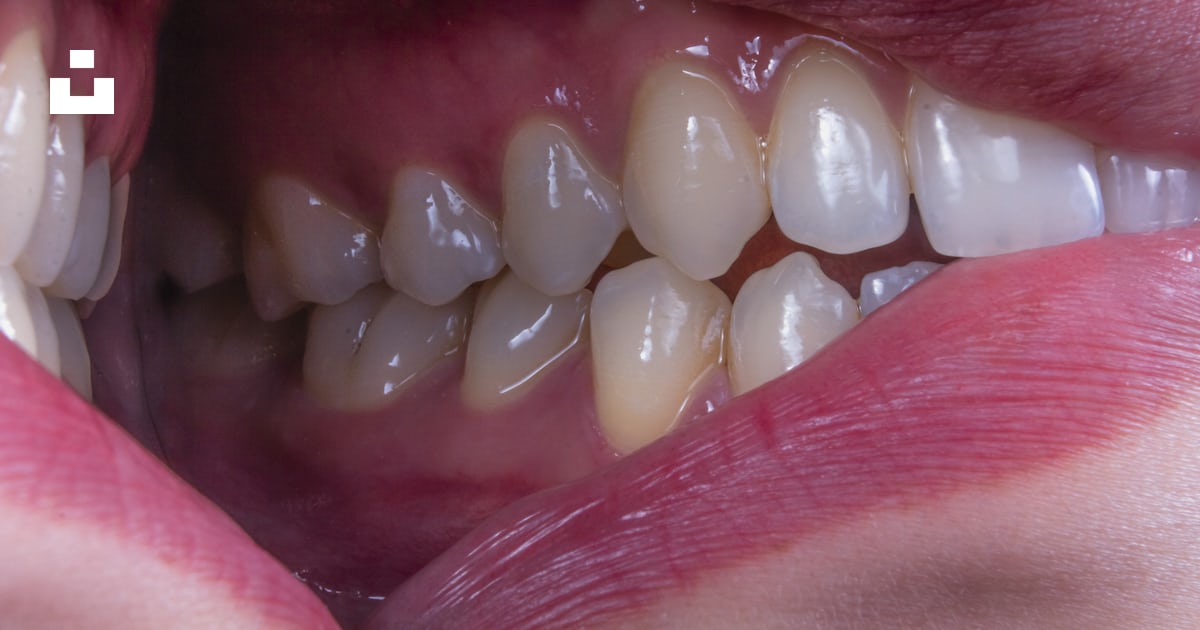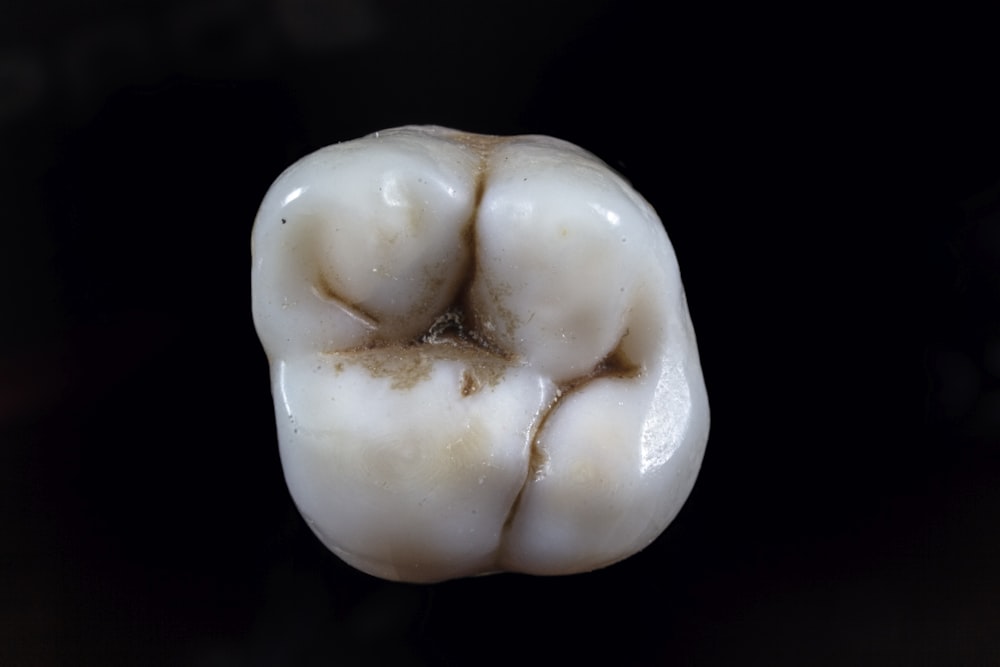Walsh Dentistry - Mono Implants Columbus OH
Walsh Dentistry - Mono Implants Columbus OH
Blog Article
Dental Implant Granville OH - Dentist near Ohio
When determining what sort of anesthesia is used for dental implants, it becomes important to explore numerous options out there to patients. The choice of anesthesia can significantly impression the consolation of the procedure, the overall experience, and the pace of recovery. Dental Implant Alexandria OH.
Local anesthesia is the most commonly used type for dental implant surgeries. In this technique, an anesthetic agent is injected close to the surgical website. Local anesthesia successfully numbs the focused space, allowing the oral surgeon or dentist to carry out the procedure with minimal pain to the affected person. It is useful as a outcome of sufferers stay fully awake and conscious all through the process, fostering a sense of management.
Dental Implant New Albany OH - Dental Implant Services in Ohio
Sedation dentistry presents one other approach for people who might feel anxious about the procedure. Sedation can vary from mild to deep, permitting sufferers to loosen up while their implants are placed. Different ranges of sedation may be achieved through oral sedatives, nitrous oxide, or intravenous strategies. The stage of relaxation may be tailored to the particular needs or nervousness levels of the patient.
Nitrous oxide, generally generally recognized as laughing fuel, is a popular selection for dental procedures, including implants. This form of sedation works rapidly, permitting sufferers to really feel relaxed and euphoric. Administration is handy, as the gasoline is inhaled via a mask placed over the nose. Patients can typically resume normal actions shortly after the procedure, making nitrous oxide a favorite amongst both dentists and sufferers.
Another possibility is oral sedation. This technique entails taking a prescribed sedative before the appointment. Patients typically really feel sleepy and less aware of their surroundings while nonetheless being in a position to talk with their dental group if essential. While oral sedation is efficient, its onset and length can vary from person to person, so dentists must evaluate individual wants fastidiously.
Intravenous (IV) sedation presents deeper ranges of sedation, perfect for longer or more complex procedures. This methodology permits for fast adjustment of sedation ranges, because the anesthetic is run instantly into the bloodstream. Patients on this state might feel extremely relaxed and won't keep in mind the process afterward. IV sedation usually requires a extra in depth recovery interval compared to native anesthesia alone.
Dental Implant Granville OH - Best Dental Implants near Ohio
General anesthesia, though typically reserved for more invasive surgical procedures, may also be considered for dental implants in specific situations. This type of anesthesia induces a state of full unconsciousness, requiring close monitoring by an anesthesiologist. General anesthesia is suitable for sufferers with severe anxiety, those that have problem sitting nonetheless for lengthy durations, or when a quantity of procedures are performed concurrently.
The choice of anesthesia may also rely upon the affected person's medical history and any underlying medical conditions. Some illnesses may increase the chance of problems during anesthesia. Detailed discussions between the affected person and the dental staff can result in a customized anesthetic plan that ensures security while enhancing comfort.
Many sufferers express concern relating to the unwanted effects related to anesthesia. While unwanted aspect effects can vary based mostly on the type used, most native anesthetics present minimal risks. Common concerns embody short-term numbness and swelling close to the injection site. For those who go for sedation, unwanted effects could embody drowsiness, dizziness, or nausea.
Recovery time also performs a task within the selection of anesthesia. Local anesthesia sometimes allows for a quicker recovery, enabling sufferers to resume normal actions inside hours. Sedation methods could require more time for the medicine to put on off, necessitating preparations for transportation post-procedure.
Dental Implant Johnstown OH - Dentist near Ohio

The significance of communication between the affected person and the dental practitioner can't be overstated. Sharing concerns and preferences allows for a tailor-made anesthetic strategy. A thorough evaluation helps to identify probably the most applicable kind of anesthesia to ensure both comfort and effectiveness in the course of the dental implant process.
In addition to comfort and safety, the overall success of dental implants can be influenced by the choice of anesthesia (Dental Implant Pataskala OH). The results of tension on the physique can complicate surgical procedures and lengthen recovery instances. Therefore, a proper anesthetic plan performs an important role in not only immediate comfort but also the long-term success of the dental implants.
Dental Implant Alexandria OH - General dentists within 20 miles of Ohio
Patients ought to be prepared to debate their medical history, anxiousness levels, and personal preferences when consulting a dentist for dental implants. This open dialogue permits the practitioner to create an anesthetic technique that suits the person while ensuring the procedure runs smoothly and successfully.

The quest for a pain-free dental implant procedure can be daunting for many. The various kinds of anesthesia create choices that can fit particular person wants, existence, and luxury ranges. The right alternative of anesthesia can flip a potentially stressful dental go to right into a more manageable expertise.
Dental Implant Galena OH - Oral Surgeon - Oral Surgery Office
In conclusion, understanding what sort of anesthesia is used for dental implants is essential for patients preparing for the procedure. From native to general anesthesia, each technique has its advantages and issues. With quite lots of options available, patients can work closely with their dental team to find out the best approach, enhancing not only consolation but also the probability of a profitable end result. Ultimately, the number of anesthesia immediately impacts both the experience during the process and the overall satisfaction with dental implants.
- Local anesthesia is predominantly used for dental implants, providing targeted numbing to the surgical site while allowing the patient to remain totally conscious.
- Common native anesthetics embrace lidocaine, articaine, and mepivacaine, every chosen for his or her effectiveness and period of action.
- Sedation dentistry can also be employed for sufferers with anxiety, often using reasonable sedation techniques like nitrous oxide or oral sedatives.
- General anesthesia can be an option for complicated instances or in sufferers with extreme anxiousness or special wants, ensuring a completely unconscious state.
- The choice of anesthesia is determined by the affected person's medical history, stage of hysteria, and complexity of the implant procedure.
- During the procedure, monitoring of vital signs ensures the affected person's security and luxury ranges are maintained.
- Post-surgery, patients are sometimes given instructions relating to pain management, which can embrace over-the-counter pain relievers alongside suggested dosages of native anesthesia.
- The use of anesthetic brokers can range based mostly on particular person responses, necessitating a tailored method from the dental professional.
- Some dental practices may offer virtual actuality or distraction methods to help sufferers manage nervousness alongside anesthesia choices.undefinedWhat sort of anesthesia is used for dental implants?
What is the commonest kind of anesthesia used for dental implants?undefinedThe most typical kind of anesthesia for dental implants is native anesthesia, particularly lidocaine. This numbs the surgical area to minimize pain through the process.
Can I request sedation for my dental implant surgery?undefinedYes, many dentists provide sedation options, such as oral sedation or nitrous oxide, for sufferers who really feel anxious or favor a extra relaxed expertise during dental implant surgery.
Dental Implant New Albany OH - Dental Services

Will I be awake through the dental implant procedure?undefinedIf anchor local anesthesia is used, you could be awake but numb in the remedy space. If sedation is chosen, you could be in a light sleep and not absolutely conscious of the process.
How long does the anesthesia final during the procedure?undefinedThe effects of native anesthesia sometimes final for 1 to three hours, depending on the precise treatment used. However, the length can range primarily based on particular person components.
Dental Implant Centerburg OH - Get Your FREE Dental Implant Consultation NOW!

Are there any unwanted effects of dental anesthesia?undefinedPossible unwanted effects can include momentary numbness, swelling, bruising, and, in rare instances, allergic discover this reactions. It's necessary to discuss any issues along with your dentist beforehand.
Can I eat or drink after receiving anesthesia for my dental implant?undefinedIt's finest to avoid consuming or drinking until the numbness has fully worn off to prevent biting your tongue or cheek. Follow your dentist’s specific post-operative instructions for the most effective results.
How is anesthesia administered for dental implants?undefinedLocal anesthesia is usually administered through a small injection directly into the gum tissue. Sedation options might contain inhalation or oral medicine that can help you loosen up before the procedure.
Dental Implant Centerburg OH - Dental Implant Services in Ohio
Do I want somebody to drive me home after the procedure?undefinedIf you’ve received sedation, it’s recommended to have someone drive you home, as you might really feel groggy or disoriented. Local anesthesia alone normally doesn't require assistance.
What if I even have a concern of needles?undefinedIf you have a fear of needles, discuss this together with your dentist. They can provide strategies to help ease your anxiety, corresponding to using topical numbing agents before the injection.
Report this page